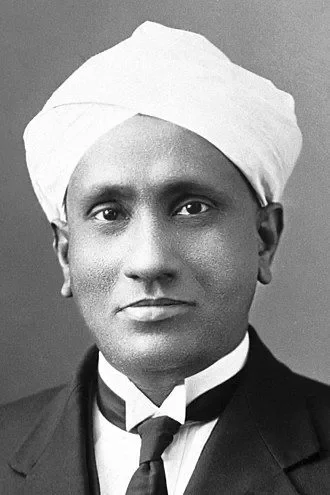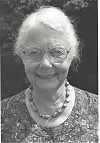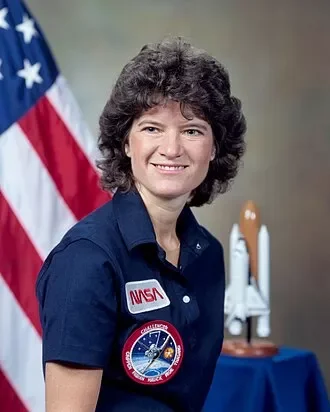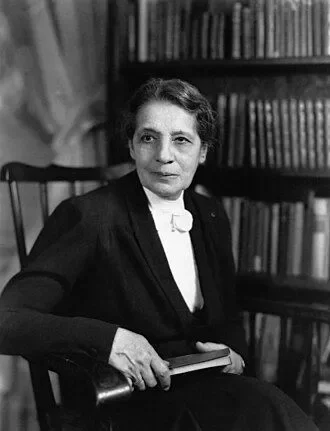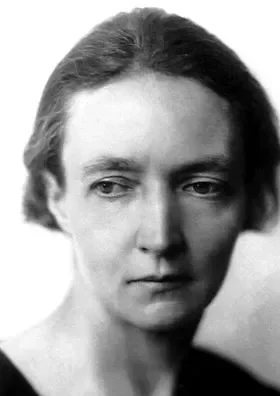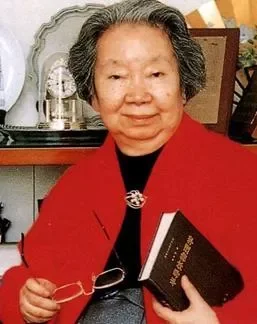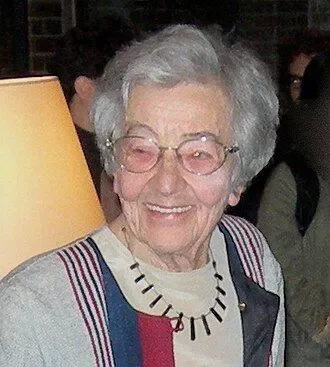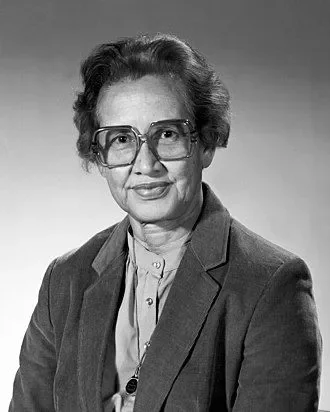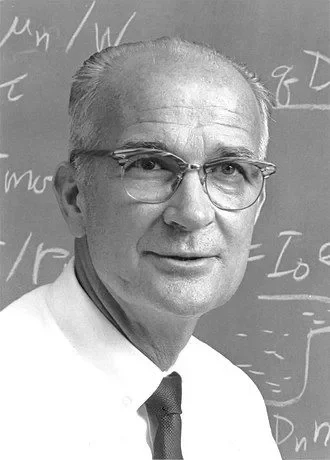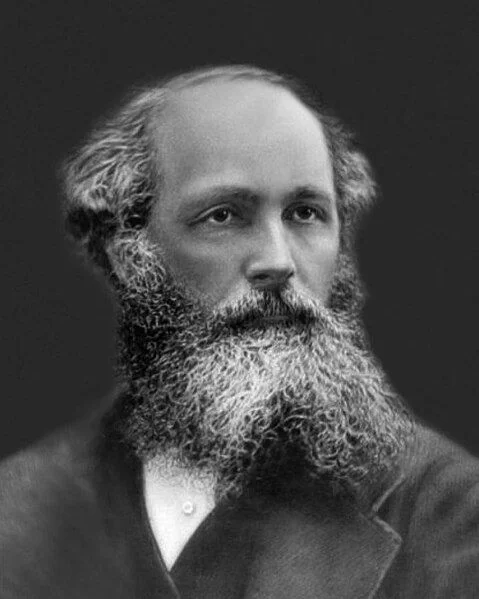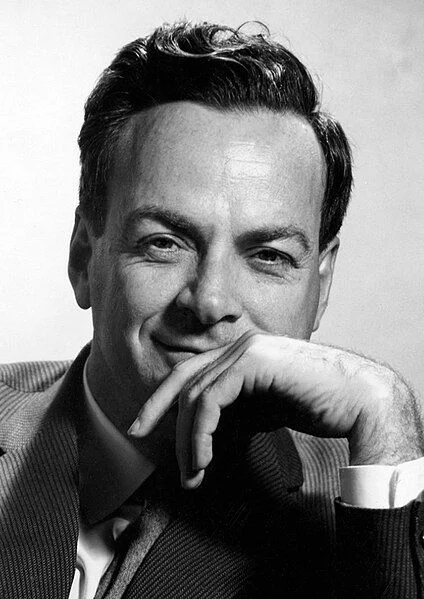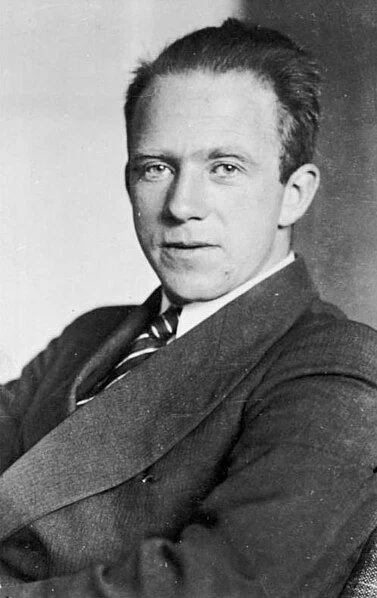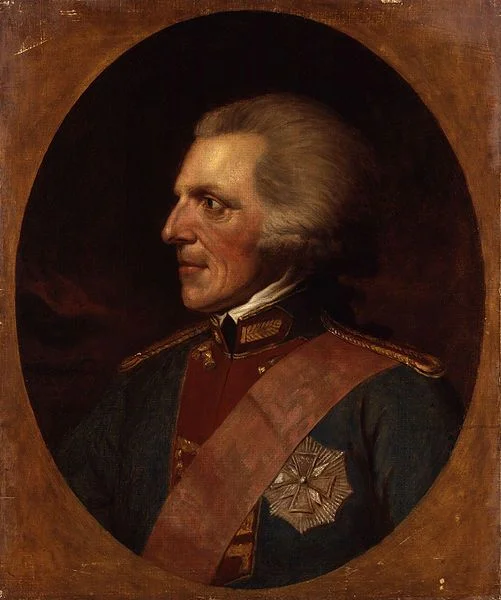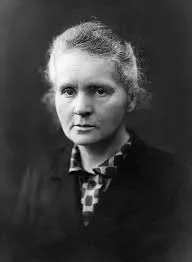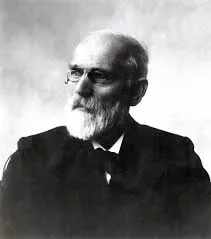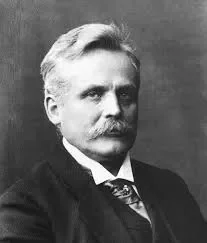Real Celebrities Never Die!
OR
Search For Past Celebrities Whose Birthday You Share
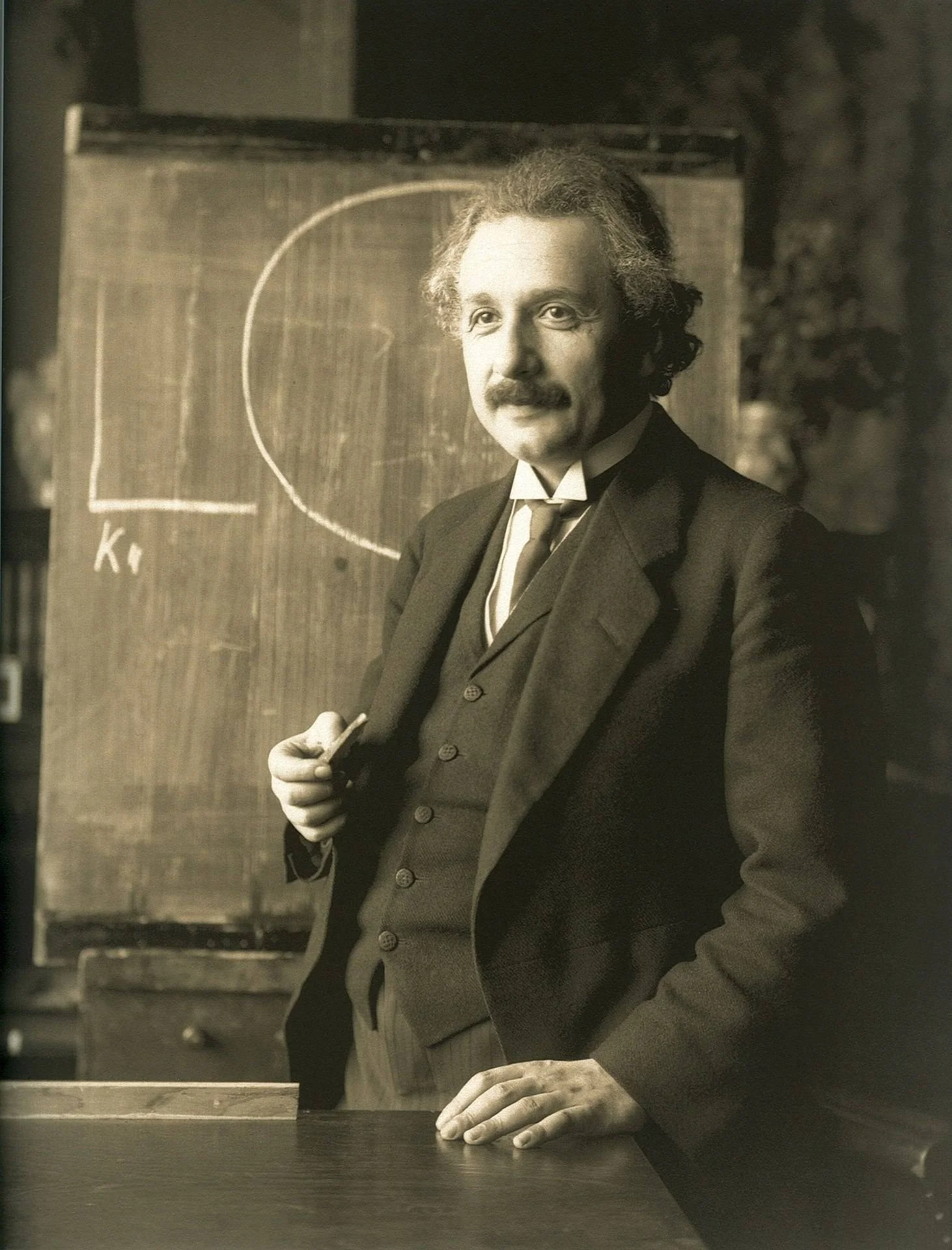
source: wikipedia.org
Albert Einstein
Birthday:
14 Mar, 1879
Date of Death:
18 Apr, 1955
Cause of death:
Abdominal aortic aneurysm
Nationality:
American, Hungarian, Swiss, Prussian, Weimar
Famous As:
Physicist
Age at the time of death:
76
Albert Einstein's Quote's
Introduction to Albert Einstein
Albert Einstein, a physicist born in Germany, is widely recognized as one of the most influential scientists in history. He is renowned for his groundbreaking contributions to various fields including quantum mechanics, cosmology, statistical mechanics, and thermodynamics. Einstein’s development of the theory of relativity, which stands as one of the fundamental pillars of modern physics, solidified his reputation as a brilliant mind.
Early Life and Education
Born on March 14, 1879, in Ulm, Germany, Einstein belonged to a Jewish family. From a young age, he displayed a keen interest in mathematics and physics, even teaching himself calculus by the age of 12. Throughout his education, Einstein attended multiple schools in both Germany and Switzerland. In 1900, he graduated from the Swiss Federal Polytechnic School in Zurich with a diploma in physics and mathematics. Later, in 1905, he obtained his PhD from the University of Zurich.
Career and Citizenship
Albert Einstein held the position of a patent clerk in Bern, Switzerland, from 1902 to 1909. Subsequently, he served as a physics professor in various universities across Europe and the United States. In 1901, he acquired Swiss citizenship, followed by German citizenship in 1914 and US citizenship in 1940. However, due to the ascent of the Nazi regime, he relinquished his German citizenship in 1933. Eventually, he settled in Princeton, New Jersey, where he worked at the Institute for Advanced Study until his passing in 1955.
Einstein’s Role in Nuclear Advocacy
Einstein witnessed the devastating consequences of his equation, E=mc², as it formed the basis for the development of atomic weapons. Despite his pacifist beliefs, he recognized the urgent need to alert world leaders to the dangers of nuclear weapons. Einstein played a pivotal role in advocating for nuclear disarmament and spoke out against the proliferation of these devastating weapons.
The Nobel Prize and Scientific Contributions
In recognition of his incredible achievements, Albert Einstein was awarded the Nobel Prize in Physics in 1921 for his groundbreaking discovery of the photoelectric effect. His immense contributions to science continue to shape our understanding of the universe to this day.
Key Scientific Achievements
Einstein’s scientific contributions are both remarkable and extensive. In 1915, he formulated the general theory of relativity, which explains gravity as a result of space and time curvature. Additionally, he proposed the concept of gravitational waves, their detection occurring for the first time in 2016. He also introduced the notion of stimulated emission, which paved the way for the invention of lasers. Furthermore, he predicted the existence of the Bose-Einstein condensate, wherein atoms exhibit behavior as a single quantum entity.
The Quest for a Unified Field Theory
In the last years of his life, Albert Einstein focused his efforts on the quest for a unified field theory, an ambitious endeavor to unite all the fundamental forces of nature into a single framework. While he made significant strides in this pursuit, he was ultimately unable to achieve his goal.
Conclusion
Einstein passed away at the age of 76 in 1955. His extraordinary contributions to science and humanity endure, leaving an indelible legacy that continues to inspire and shape the world.
Name:
Albert Einstein
Popular Name:
Albert Einstein
Gender:
Male
Cause of Death:
Abdominal aortic aneurysm
Spouse:
Place of Birth:
Ulm, Kingdom of Württemberg, German Empire
Place of Death:
Princeton, New Jersey, US
Occupation / Profession:
Personality Type
Logician: Albert Einstein was skilled at discovering discrepancies and irregularities in data sets. He was curious about the world and refused to accept things as they are.
Albert Einstein fell in love with Physics when his father gifted him a compass.
He failed to find work as a maths and physics teacher which prompted him to obtain a Ph.D. in physics.
He was a talented violinist.
He wrote his first scholarly paper when he was 16 years old.
Bernard Medal (1920)
Copley Medal (1925)
Gold Medal of the Royal Astronomical Society (1926)
He was named Time Person of the Century in 1999.
Matteucci Medal (1921)
Max Planck Medal (1929)
National Academy of Science (1942)
Nobel Prize in Physics (1921)

